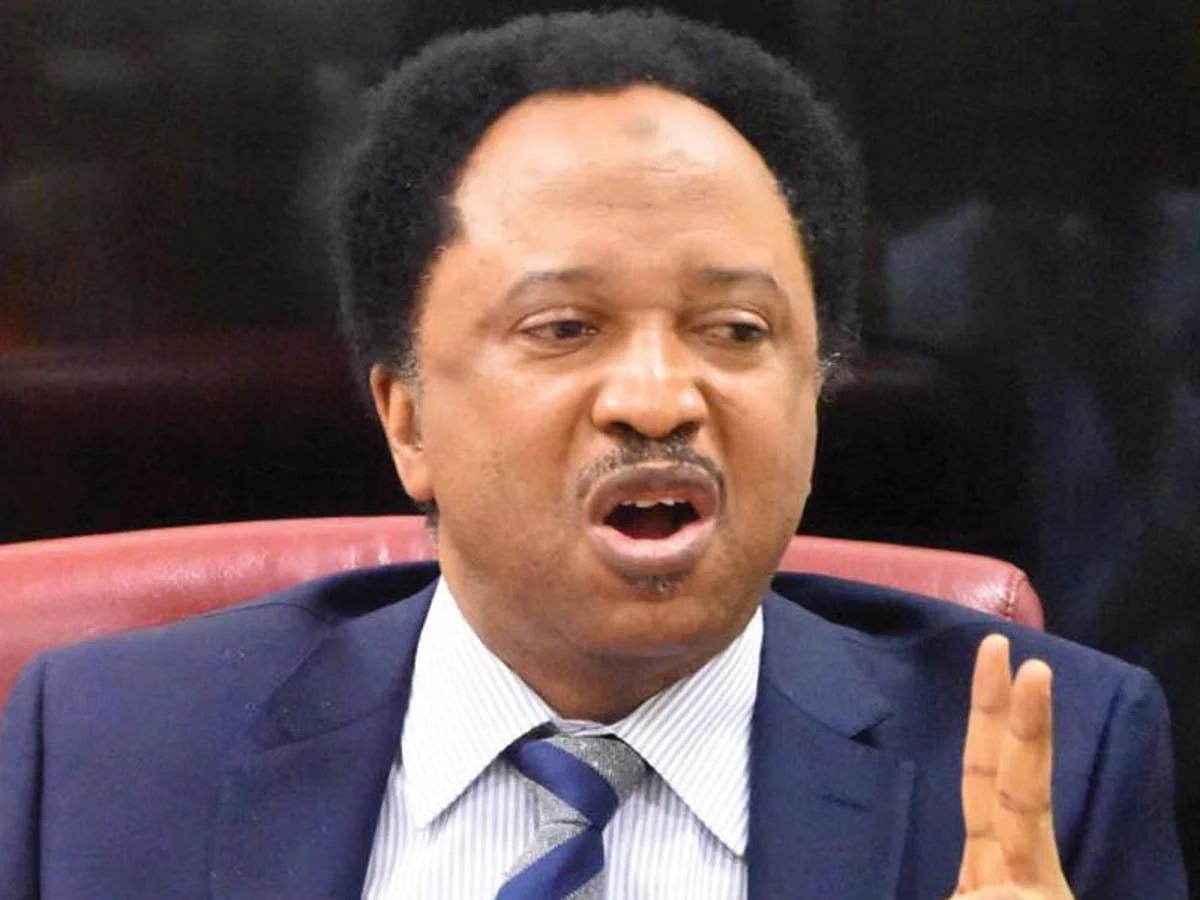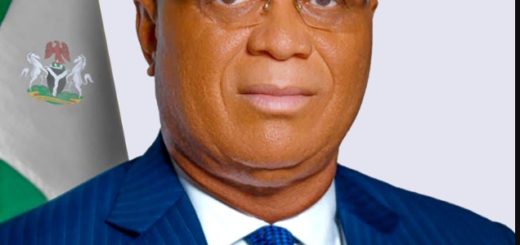Senator Shehu Sani Honors Sardauna of Sokoto Amid 1966 Coup Tragedy
 Former Nigerian lawmaker, Senator Shehu Sani, has spoken out about the lasting impact of the brutal 1966 killings of political leaders, including the assassination of Sir Ahmadu Bello, the Sardauna of Sokoto, and former Premier of Northern Nigeria.
Former Nigerian lawmaker, Senator Shehu Sani, has spoken out about the lasting impact of the brutal 1966 killings of political leaders, including the assassination of Sir Ahmadu Bello, the Sardauna of Sokoto, and former Premier of Northern Nigeria.
In a heartfelt post shared on social media on Wednesday, Senator Sani recalled Bello’s selfless dedication to his people and the nation. Despite his immense contributions, Sani noted that Bello died in poverty, leaving behind no personal assets such as a house, vehicle, or business. These items were notably absent in Kaduna, where he led, and were instead returned to his family home in Sokoto after his tragic death.
“For those of us in Kaduna, where the late Premier of Northern Nigeria lived, led, and was brutally murdered, we couldn’t find any house, vehicle, or company associated with his name or any of his family members. After his death, his belongings were taken to Sokoto,” Sani wrote.
He further highlighted the tragic irony of Bello’s life: despite serving his people and the country with dedication, he passed away as a materially poor man. Sani also pointed to the 1966 coup as the origin of the division and strife that continues to affect the country.
“The late Sardauna did everything for his people and his country and died a materially poor man. His murder, along with others in the 1966 coup, planted the seed of evil that still haunts our country,” Sani wrote.
He concluded his reflection with a prayer for the souls of the victims of the 1966 coup, including the late Bello and other political figures: “May the souls of all the victims of the 1966 coup rest in peace. Ameen.”
On January 15, 1966, Sir Ahmadu Bello was assassinated during a military coup orchestrated by Major Chukwuma Kaduna Nzeogwu, which overthrew Nigeria’s civilian government. This tragic event also claimed the lives of several prominent leaders, including Nigeria’s first Prime Minister, Sir Abubakar Tafawa Balewa. The coup marked the beginning of military rule in Nigeria, which would shape the country’s political landscape for decades.













